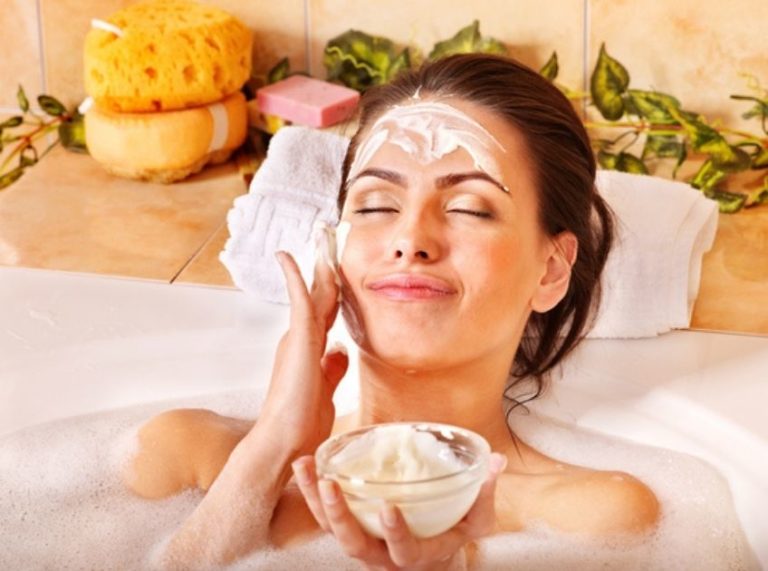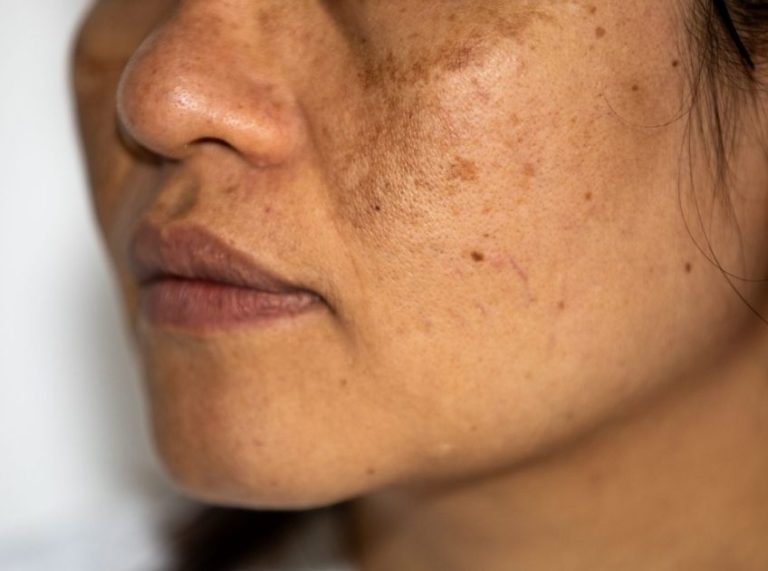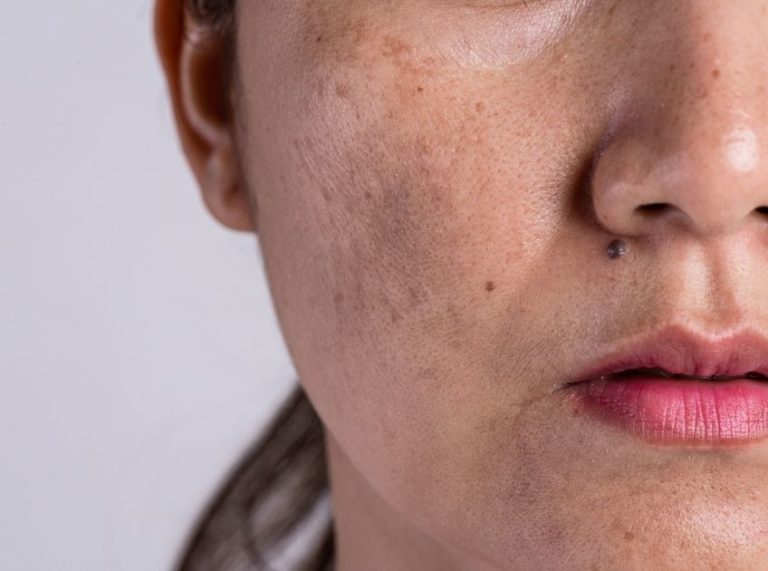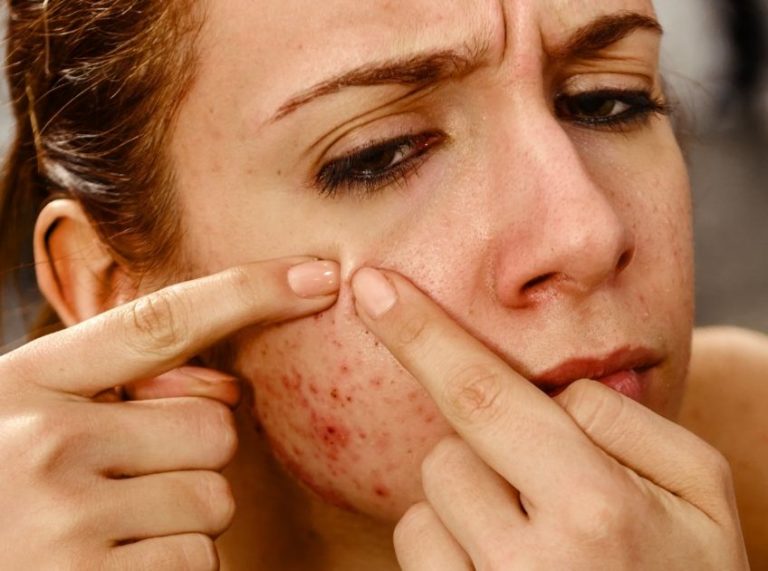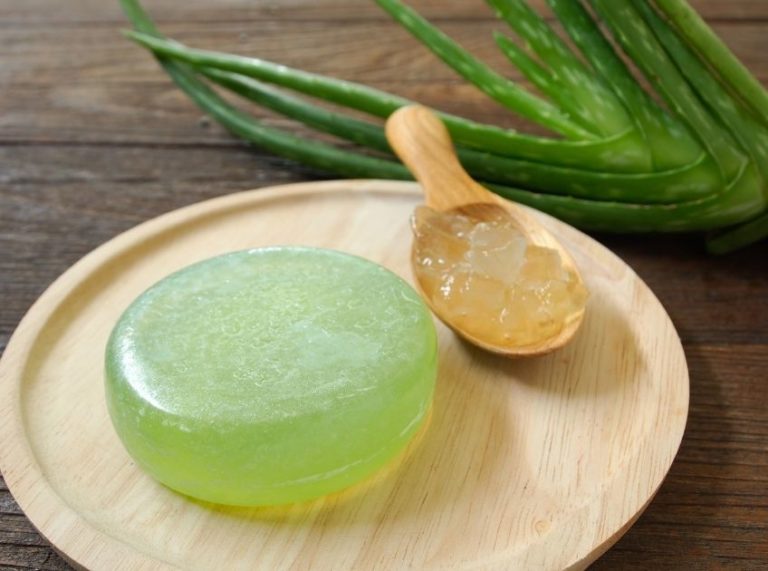
Important: This article is for informational purposes only. Please read our full disclaimer for more details.
Most of us spend time caring for our skin—cleansing it, moisturizing it, protecting it from the sun—yet we rarely stop to think about just how remarkable this organ truly is. Your skin is more than just an outer covering. It’s a living, breathing, highly intelligent system that protects you, communicates with you, and adapts to both your environment and lifestyle.
As a skincare writer and researcher, I’m often amazed by how many incredible skin facts people have never heard. Understanding your skin on a deeper level can transform the way you care for it. When you realize what your skin does for you every second of the day, you begin to understand why nurturing it is so important.
Let’s uncover some fascinating—but lesser-known—truths about your skin.
10 Fascinating Skin Facts That Might Surprise You
1. Your Skin is Your Largest Organ
- Covering roughly 20 square feet in adults, the skin is the body’s largest organ. It acts as your first line of defense against pathogens, pollutants, UV rays, and everyday irritants.
2. You Shed Thousands of Skin Cells Every Minute
- Your skin renews itself constantly. According to dermatological research, you lose about 30,000 to 40,000 dead skin cells every minute. This natural shedding process is why exfoliation can be so effective for maintaining a glow.
3. The Skin Has its Own Microbiome
- Your skin is home to trillions of beneficial microorganisms. These bacteria, fungi, and microbes play a crucial role in barrier function, immune defense, and overall skin health. A balanced microbiome helps keep issues like acne, eczema, and sensitivity in check.
4. Your Skin Absorbs More Than You Think
- While not everything penetrates deeply, many ingredients in skincare—such as niacinamide, retinoids, and vitamin C—can pass through the outer layers. This is why choosing the right products matters; what you put on your skin can influence inflammation, hydration, and repair processes.
5. Your Skin is Constantly Communicating
- From redness to acne, dullness to dark spots, the skin gives clues about hydration levels, stress, diet, hormones, and even sleep quality. It’s a smart organ that reflects internal imbalances more quickly than many people realize.
6. Sweat Plays a Role Beyond Temperature Control
- Your sweat contains antimicrobial peptides that help fight off harmful bacteria. It’s part of the skin’s natural immune system—a fact many people don’t realize when they think of sweat as “dirty.”
7. The Thinnest Skin on Your Body is on Your Eyelids
- Eyelid skin is about 0.5 mm thick, making it vulnerable to irritation, dryness, and early formation of fine lines. This is one reason gentle eye creams and SPF around the eyes are so important.
8. Your Skin Produces its Own “Natural Moisturizer”
- Sebum isn’t the enemy—it’s a mix of fats and oils that help keep your skin moisturized and protected. In fact, complete removal of sebum (often from over-washing) can lead to sensitivity, acne flare-ups, and barrier damage.
9. Your Skin Can “Remember” Sun Exposure
- UV damage accumulates over time. Skin cells have a “memory” of past sun exposure, which is why pigmentation issues and premature aging appear years later. Daily SPF is the single most evidence-backed skincare step for long-term health.
10. Stress Can Directly Affect Your Skin’s Appearance
- Chronic stress increases cortisol levels, which can trigger inflammation, breakouts, dryness, and a weakened skin barrier. Studies show that stress can slow wound healing and worsen acne and eczema.
What Research Reveals About Your Skin’s Complexity
Modern dermatology confirms that the skin is a highly sophisticated organ. Here are a few science-backed insights:
Your skin barrier is the foundation of skin health.
- The lipid barrier—made of ceramides, cholesterol, and fatty acids—prevents moisture loss and shields you from irritants. Research shows that when this barrier is compromised, inflammation and sensitivity increase dramatically (1).
Antioxidants are essential for defense.
- UV rays and pollution generate free radicals that damage skin cells and break down collagen. Studies show that antioxidants like vitamin C, niacinamide, and green tea extract counteract this oxidative stress (2).
The microbiome influences everything from acne to aging.
- Emerging studies suggest a strong link between a diverse skin microbiome and reduced inflammation, better barrier function, and fewer breakouts (3).
Skin regenerates faster than many other organs.
- Your epidermis renews itself roughly every month. This rapid regeneration is what makes skincare effective—but it also means neglect or aggressive routines can show results (good or bad) fairly quickly.
Understanding these scientific principles helps you choose skincare that aligns with how your skin naturally functions.
Frequently Asked Questions (FAQ’S)
1. Is it true that skin type can change over time?
A. Yes. Hormones, climate, aging, stress, and lifestyle can shift your skin type from oily to dry, combination to sensitive, or vice versa. Reassessing your routine every few months helps keep it aligned with your skin’s current needs.
2. Why does skin sometimes look worse before it gets better with new products?
A. Active ingredients like retinoids and acids can trigger temporary purging as they speed up cell turnover. This usually resolves within weeks. However, irritation, redness, or burning indicates the product isn’t suitable for your skin.
3. Is expensive skincare always better?
A. Not necessarily. Many affordable brands offer ingredients clinically proven to work, such as ceramides, hyaluronic acid, and niacinamide. Effectiveness depends more on formulation and consistency than price.
Your skin is far more complex, intelligent, and hardworking than most people realize. When you understand how it functions—from shedding cells to balancing its microbiome—you’re better equipped to care for it wisely. Each small choice you make, from applying SPF to managing stress, has a meaningful impact on the long-term health of your skin.
